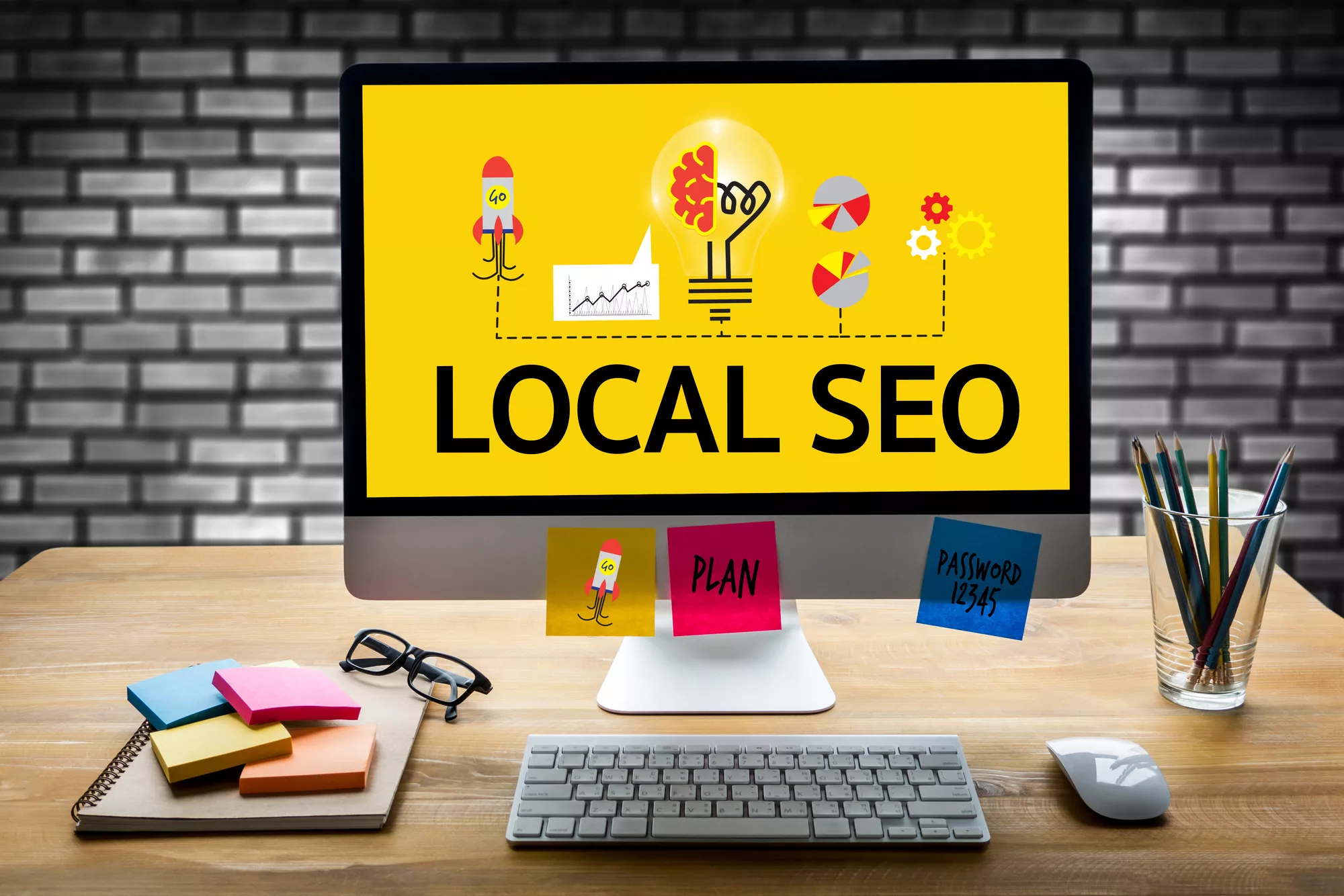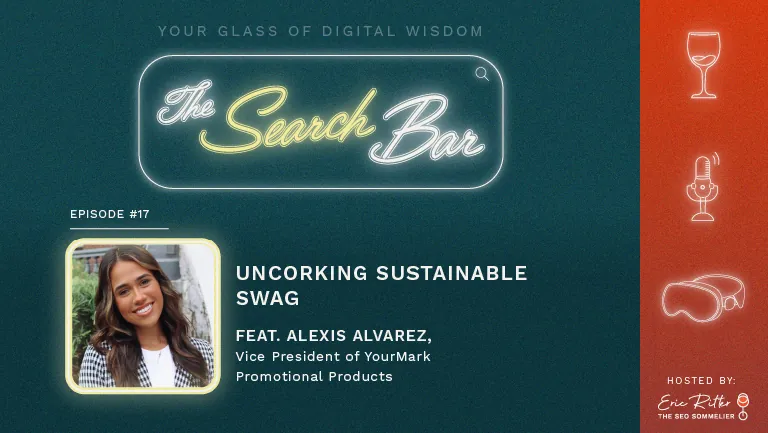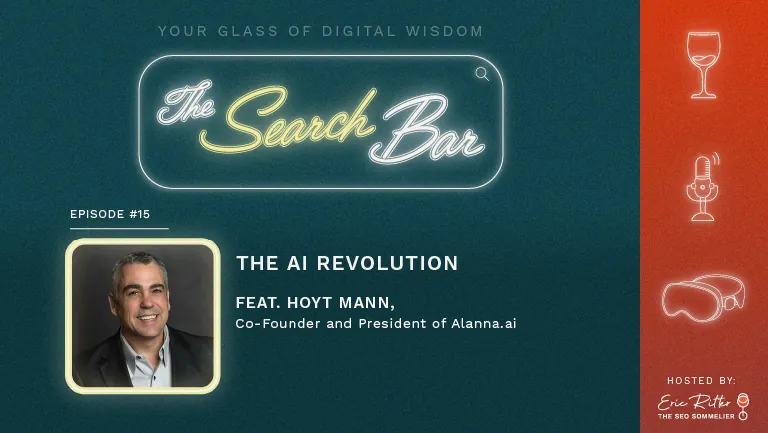When it comes driving traffic to your site, SEO is the name of the game. If you don’t have an online presence, then you might as well not exist.
The fact is that 93% of all traffic comes from a search engine. So optimizing how you rank is vital in securing more business.
If you’re a local business, there’s a good chance you’re interested in clients from around your area. This is where you need to focus on local SEO.
In this article, we’ll dive into what local SEO is, how it can help your business, and which strategies you can put to use today. With a little elbow grease, you can improve your rankings starting now.
Let’s secure those consumers and up your local SEO game. Read on!
What Is Local SEO?
Local SEO is the art of marketing your business within a geographic area to consumers searching for your product/service in real time. The beauty of local SEO is that you are effectively positioning yourself in front of customers that are already searching for a business like yours.
The five major components of local SEO are:
- Localization
- Citations
- Google My Business
- Reviews and ratings
- Backlinks
By mastering these, search engines will recognize and respect you. Later in this post, we will go through them one at a time in detail.
But before we get into how to use local SEO, let’s first understand why we need it.
How Can Local SEO Help Your Business?
The great thing about the internet is that you have access to thousands of businesses with a single click. The problem with being a business in this world is that you want to get your business in front of the right consumer.
By putting some local SEO strategies to use, we can ensure you’re getting the eyes you want. The stats behind local SEO are impressive. 50% of consumers who do a local search on their smartphone visit a store within a day.
Local SEO has the highest conversion levels of all local advertising channels. You can forget about printed ads, commercials, and flyers when you have powerful SEO.
Because the strategies behind local SEO are targeted and timely, you are getting your business in front of a consumer who is already searching for you. There is no wasted exposure, which leads to a greater ROI.
With those kinds of results, local SEO proves to be both efficient and cost-effective.
Seven Local SEO Strategies You Can Use Today
It’s clear that local SEO is the way to go for a small business. But how do you go about increasing your rankings?
Earlier, we mentioned the five components of mastering local SEO. The first five strategies are essential to climbing the Google ranks, but we’ve included two more tactics you can also apply.
Check out these seven local SEO strategies that you can start incorporating into your marketing plan today.
1. Localization
If you’re a local business, you want to mention your city, county, or region within your website naturally–but often. This allows search engines to connect your business and keywords with your target geographic location.
When people search for a business nearby (for example, pet grooming), they often add the area they are searching for “dog grooming south Philadelphia.”
2. Citations
Get your business listed in various local online directories such as:
- Yelp
- Foursquare
- Angie’s List
- ThinkLocal
- Citysearch
When registering your business with these sites, you will give your business name, address, phone number, website URL, hours of operation, services offered, credentials, and the options to post photos.
Double check this information and keep it updated across as many directories as possible. This is a huge step in securing a web presence.
3. Google My Business
In regards to directories, Google My Business (GMB) is the most important one to optimize.
If you are among the 44% of businesses that haven’t already claimed your business, do so immediately. This helps with local searches, maps, and Google + pages.
Best of all, it’s completely free.
4. Reviews
When customers look into local businesses, they want someone reliable, trustworthy, and efficient. They can easily find all of this information out by viewing the ratings on your directory pages.
Gathering honest and genuine reviews and well as the authority behind the review sites are paramount in how search engines view and rate your business.
Not only that, but 88% of local consumers put their trust in online business reviews and use them to decide who to give their business to.
5. Backlinks
One of the most difficult parts of SEO is obtaining quality backlinks from well-regarded authority sites. Search engines like to see links from other businesses, bloggers, and news sites linking back to your business.
By mastering these five components, you’ll rise in the ranks and see an influx in web traffic–and hopefully customers.
6. Produce Local Content
If you’ve surfed the net, you’ve realized that a lot of sites have a blog section. This is where they produce high-quality content about their business.
When writing content, be sure to understand your ideal customer and include relevant keywords accompanied with your location. Publish content often and promote across different channels, as we will discuss next.
7. Social Media
If you still think that social media is only for millennials, think again. With even our President tweeting, you should realize that it is a huge way to broadcast your message.
From Twitter and Facebook to LinkedIn and Yelp, promoting your content within the community is important to boost your online presence and authority.
Social media is a brilliant business tool, as you can target specific demographics and geographical locations.
Which Strategy Will You Use First?
At this point, you’ve probably realized how important local SEO is to your business.
Unfortunately, this article only scrapes the iceberg of what local SEO comprises. It can be hard to keep up with Google’s changing algorithms and stay on top of the newest SEO trends, especially when running a full-time business.
No need to worry–I’m here to help. For insights, consulting, or questions regarding your digital marketing needs, contact me here.




